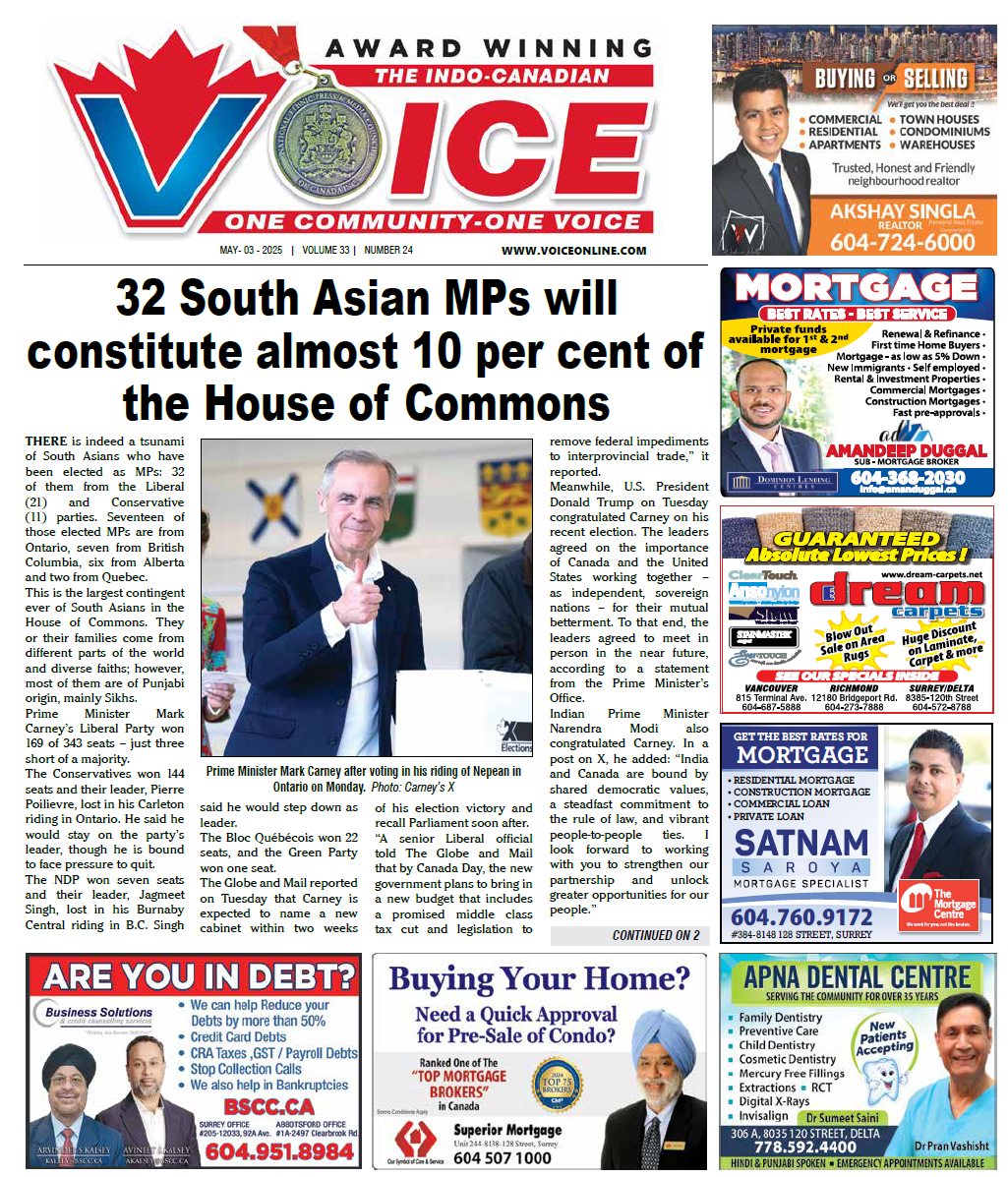NEW DELHI: The days of politicians fighting elections from jail are over. The Supreme Courthas ruled that a person, who is in jail or in police custody, cannot contest elections to legislative bodies.
The far-reaching order was passed by the apex court along with its landmark verdict that MPs, MLAs and MLCs would be disqualified the day they are convicted. This double whammy against criminals in Indian legislatures is expected to goa long way in cleaning up politics.
An apex court bench of Justices A K Patnaik and S J Mukhopadhayay ruled that only an “elector” can contest the polls and he/she forfeits the right to vote during imprisonment or in police custody. However, the court said that disqualification would not be applicable to a person subjected to preventive detention under any law.
The court based its order on provisions of the Representation of the People Act. Sections 4 and 5 of the Act lay down that in order to be elected to Parliament or state legislatures, one must be an elector. The bench also referred to Section 62(5) of the Act which says that no person shall vote at any election if he is confined in a prison, whether under a sentence of imprisonment or transportation or otherwise, or is in the lawful custody of the police.
Reading Sections 4, 5 and 62(5) together, the apex court came to the conclusion that a person in jail or police custody cannot contest elections.
Going by the court’s reasoning, it appears that this ineligibility will not hold back a politician if he or she is out of jail before the date for filing nomination papers. However, it will still be a drastic change from the current scheme of things where politicians have not only contested but also won elections from behind bars. George Fernandes and A K Roy, for example, won elections while in jail during Emergency in 1977. “Baubalis” and criminals with immense political clout, across party lines, have since regularly contested and won elections while in jail, even on serious charges.
The court passed the order on an appeal filed by the chief election commissioner and others challenging a Patna high court order barring people in police custody from contesting polls.
“We do not find any infirmity in the findings of the high court in the impugned common order that a person who has no right to vote by virtue of the provisions of sub-section (5) of Section 62 of the 1951 Act is not an elector and is therefore not qualified to contest the election to the House of the People or the Legislative Assembly of a State,” the apex court said.
In its landmark judgment on Wednesday, the same bench had struck down a provision in theRepresentation of the People Act that protects a convicted lawmaker from disqualification on the ground of pendency of appeal in higher courts. The bench also made it clear that MPs, MLAs and MLCs would stand disqualified on the date of conviction.
Legal experts said the two verdicts would force political parties to make sure that candidates facing criminal charges are not fielded.









